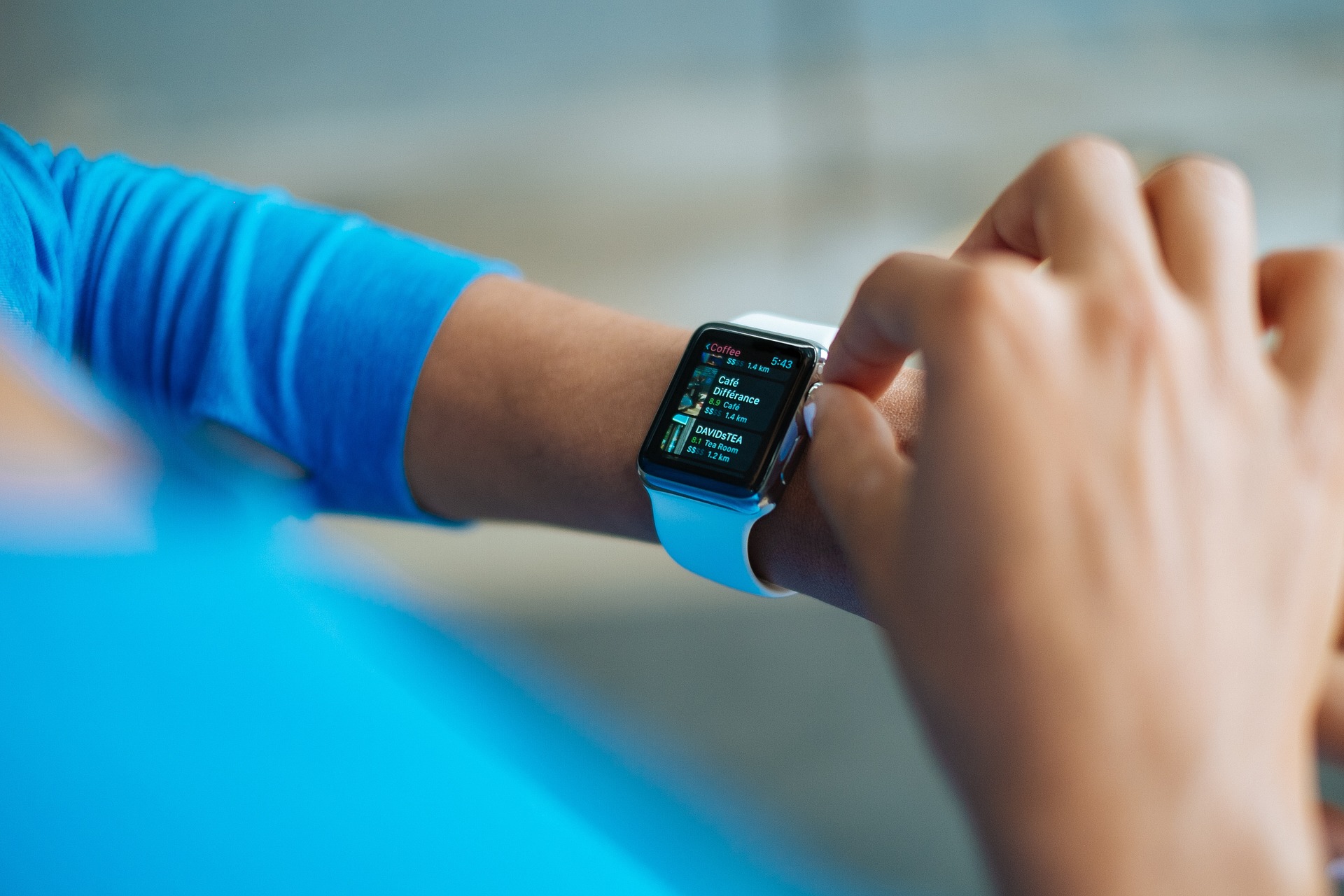- Amazon acquired Bee, a startup specializing in voice-driven smart wristbands, signaling a move beyond smart speakers into always-listening wearables that record conversations for productivity tasks.
- Bee’s technology passively records speech unless muted, raising concerns about unintended audio capture and data security—especially under Amazon’s ownership, given its mixed history with privacy (e.g., Ring camera controversies).
- Companies like Meta, Apple and OpenAI are also investing in AI-powered wearables, betting on consumer willingness to trade privacy for convenience. Bee’s $50 price makes it an affordable entry point, but risks remain with data integration.
- While Bee currently allows data deletion and recording restrictions, critics fear Amazon’s scale could weaken safeguards, prioritizing profit over privacy as seen in past tech industry practices.
- The rise of AI wearables presents a societal choice between convenience and control, forcing consumers to weigh the benefits against potential erosion of personal privacy and corporate data dominance.
Amazon is making a bold move into the world of AI-powered wearables with its acquisition of Bee, a startup specializing in voice-driven smart wristbands.
The deal, confirmed by Bee’s co-founder Maria de Lourdes Zollo on LinkedIn, signals Amazon’s intent to expand beyond smart speakers like Echo and into more personal, always-listening devices. Bee’s $50 bracelet and Apple Watch app record conversations to generate reminders and to-do lists—raising immediate questions about privacy, corporate data control and the future of AI surveillance in everyday life.
Bee’s technology represents the next frontier in AI wearables: devices that operate in the background, passively recording and interpreting speech. Unlike traditional gadgets that require manual input, Bee’s bracelet listens continuously unless muted, processing conversations to assist users with productivity. The company markets this as a seamless, companion-like experience—an “ambient intelligence” that helps users navigate their lives. (Related: Wearable tech devices collect loads of information on users that compromise their privacy.)
But this convenience comes at a cost. Always-on microphones mean devices capture not just intentional commands but also private discussions, background noise and unintended audio. While Bee claims it does not store raw recordings or use them for AI training, skeptics question whether these protections will survive under Amazon’s ownership.
Amazon has long been a leader in voice-controlled AI through Alexa, but Bee’s acquisition suggests a shift toward more intimate, wearable technology. Unlike home assistants, wearables travel with users, collecting data in workplaces, public spaces and private settings.
Amazon’s track record with data handling is mixed. The company faced backlash after sharing Ring camera footage with law enforcement without warrants and settled FTC allegations over unrestricted employee access to customer videos. Given this history, privacy advocates worry Bee’s safeguards—such as on-device processing and user-defined recording boundaries—could erode post-acquisition.
Amazon’s AI ambitions and privacy concerns: The surveillance dilemma
Amazon isn’t alone in this race. Meta is embedding AI into smart glasses, OpenAI is reportedly developing hardware, and Apple is rumored to be working on AI-powered eyewear. These companies are betting that consumers will trade privacy for convenience, embracing devices that act as personal assistants.
Bee’s $50 price point makes it an accessible entry into this market, unlike pricier flops like Humane AI’s $699 Pin. But affordability doesn’t eliminate risks. The more these devices integrate with emails, calendars and contacts, the more personal data becomes vulnerable to misuse or breaches.
The core issue with AI wearables isn’t just technology—it’s trust. Companies promise efficiency and personalization, but the fine print often reveals trade-offs. Bee’s current policies allow users to delete data and restrict recordings, but Amazon’s scale and business model could change that.
If history is any guide, tech giants rarely prioritize privacy over profit. The question isn’t whether these devices can be secure—it’s whether corporations will keep them that way.
Amazon’s acquisition of Bee marks another step toward an AI-saturated future where devices listen, learn and predict our needs. For some, this promises unparalleled convenience. For others, it’s a dystopian erosion of personal boundaries.
As these wearables become mainstream, consumers must decide: Is the trade-off worth it? And more importantly—who truly controls the data they generate? The answer will shape not just the future of technology, but the very nature of privacy in the digital age.
Watch this video about how Amazon Echo, the Orwellian AI assistant for your home, is always listening to you.
This video is from high impact Flix and more!!! channel on Brighteon.com.
More related stories:
The wearables trap: How the government plans to monitor, score, and control you.
Amazon Echo is the ultimate spy device that records everything you say.
Amazon is being sued for secretly collecting biometric data from NYC Amazon Go store customers.
Sources include:
ReclaimTheNet.org
TechCrunch.com
TheVerge.com
Brighteon.com
Read full article here


